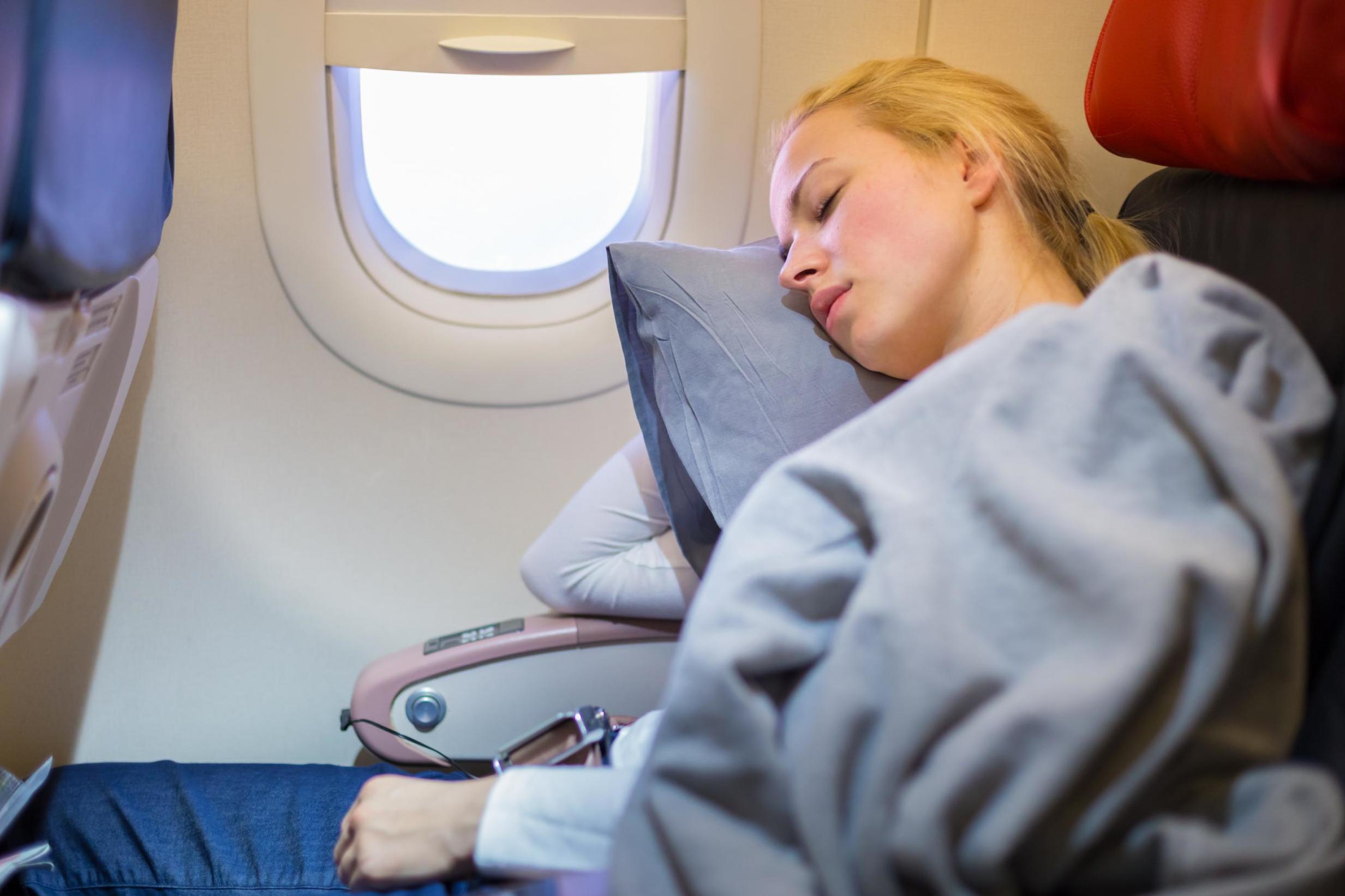Sleeping on a plane during a change in altitude could damage your hearing
Stay awake or risk losing your hearing

Your support helps us to tell the story
From reproductive rights to climate change to Big Tech, The Independent is on the ground when the story is developing. Whether it's investigating the financials of Elon Musk's pro-Trump PAC or producing our latest documentary, 'The A Word', which shines a light on the American women fighting for reproductive rights, we know how important it is to parse out the facts from the messaging.
At such a critical moment in US history, we need reporters on the ground. Your donation allows us to keep sending journalists to speak to both sides of the story.
The Independent is trusted by Americans across the entire political spectrum. And unlike many other quality news outlets, we choose not to lock Americans out of our reporting and analysis with paywalls. We believe quality journalism should be available to everyone, paid for by those who can afford it.
Your support makes all the difference.You snooze, you lose, right?
Well, according to research published by Harvard Medical School, snoozing really could mean losing something: your hearing.
If you are asleep on a plane during a sudden change in altitude, your ability to equalise the pressure in your eardrum might be compromised and could cause permanent damage.
For most people, a sudden altitude change makes our ears feel like they’re going to pop.
This occurs when the pressures on the outside of your ear don’t match those on the inside. Often, this happens to most people when a plane is landing and drastically drops in altitude.
Typically, these pressures can be equalised by opening a thin canal in your ear called the Eustachian tube by either yawning or swallowing – hence why air hostesses sometimes hand out chewy sweets before landing.
However, if you’re sleeping and the pressures remain inimitable, the Eustachian tube can become blocked and ear barotrauma can occur, according to Medline Plus.
Barotrauma is usually a pretty minor condition that most of us will experience at some point in our lives.
However, in severe cases when the tube remains blocked for a prolonged period of time, an infection can develop which causes fluid to build up behind the eardrum, leading to pain and hearing difficulties.
You could even develop a deep fistula leak where blood leaks from your ear.
Given its direct association with changes in altitude, it’s also a condition that commonly affects scuba divers and people driving in the mountains.
The best way to avoid it on a plane is ensuring that you’re up and at ‘em as soon as the captain announces that you’re landing, regardless of jet lag/lack of sleep.
Early birds catching worms and all that.
Read more: Hearing test
Join our commenting forum
Join thought-provoking conversations, follow other Independent readers and see their replies
Comments